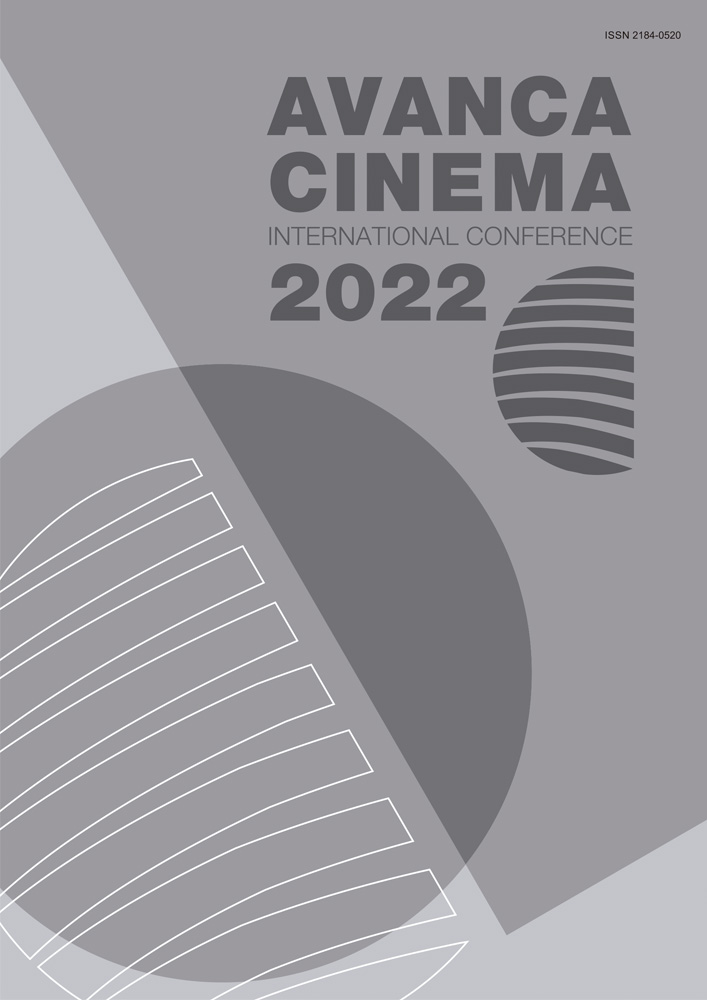Chapter I _ Cinema - Art
From the verses to the stages and from the stages to the screens: The Intertextuality process in the film “O Auto da Compadecida” (2000)
Abstract
The film Auto da Compadecida (2000), by Guel Arraes, is an adaptation of the play, which has the same name, written by Ariano Suassuna in 1955. Before reaching the screens of the movie theaters “O Auto da Compadecida” had already been converted to other compositions, as in films and tv shows. Therefore, far beyond being an adaptation based in a single hypotext, the movie end up incorporating characteristics of differents semiotics systems, recovering, specially, the traces of popular northeastern culture, particularly the cordel’s literature - a typical popular literature from the brazilian northeastern region, illustrated by xylography and written in verses. The script by Guel, in collaboration with Adriana e João Falcão, derives from this succession of textual transformations in this trajectory by different semiotics systems, demonstrated in verses, stages and screens. This article aims to analyze the movie script in transtextual perspective according to the theories of languages presented in the book Palimpsests by Gérard Genette. For this purpose, we describe the distinct narrative options that composed the script, in order to approach the adaptive process of the movie based on the classification presented by Genette. Our objective is to analyze the elements that construct the transmutation of the narrative structure of cordel and theatrical narrative in the screenplay of the film, the stylistic transformations and the way that the transtextual relationship of the hypertext under analysis occurs.

This work is licensed under a Creative Commons Attribution 4.0 International License.

